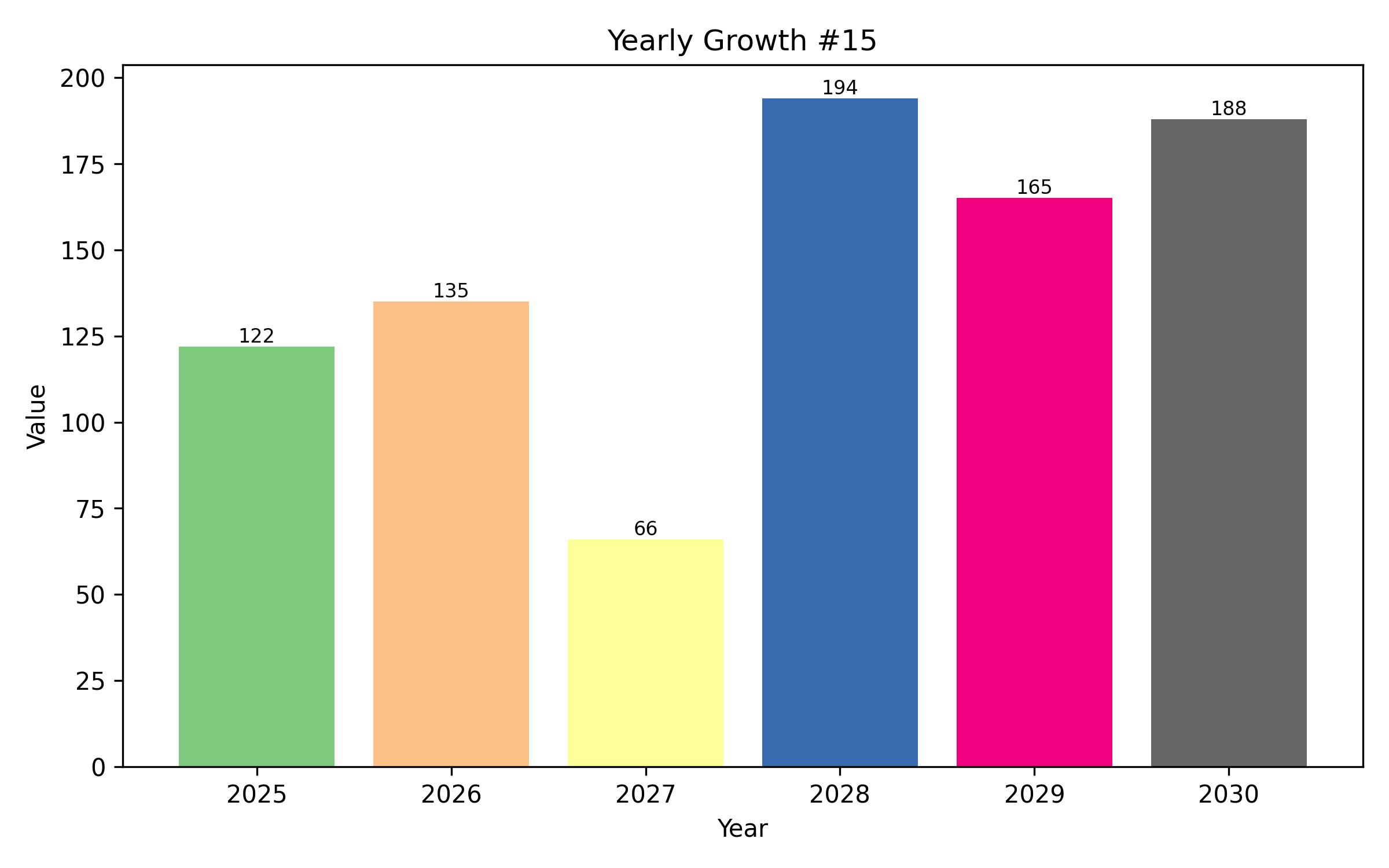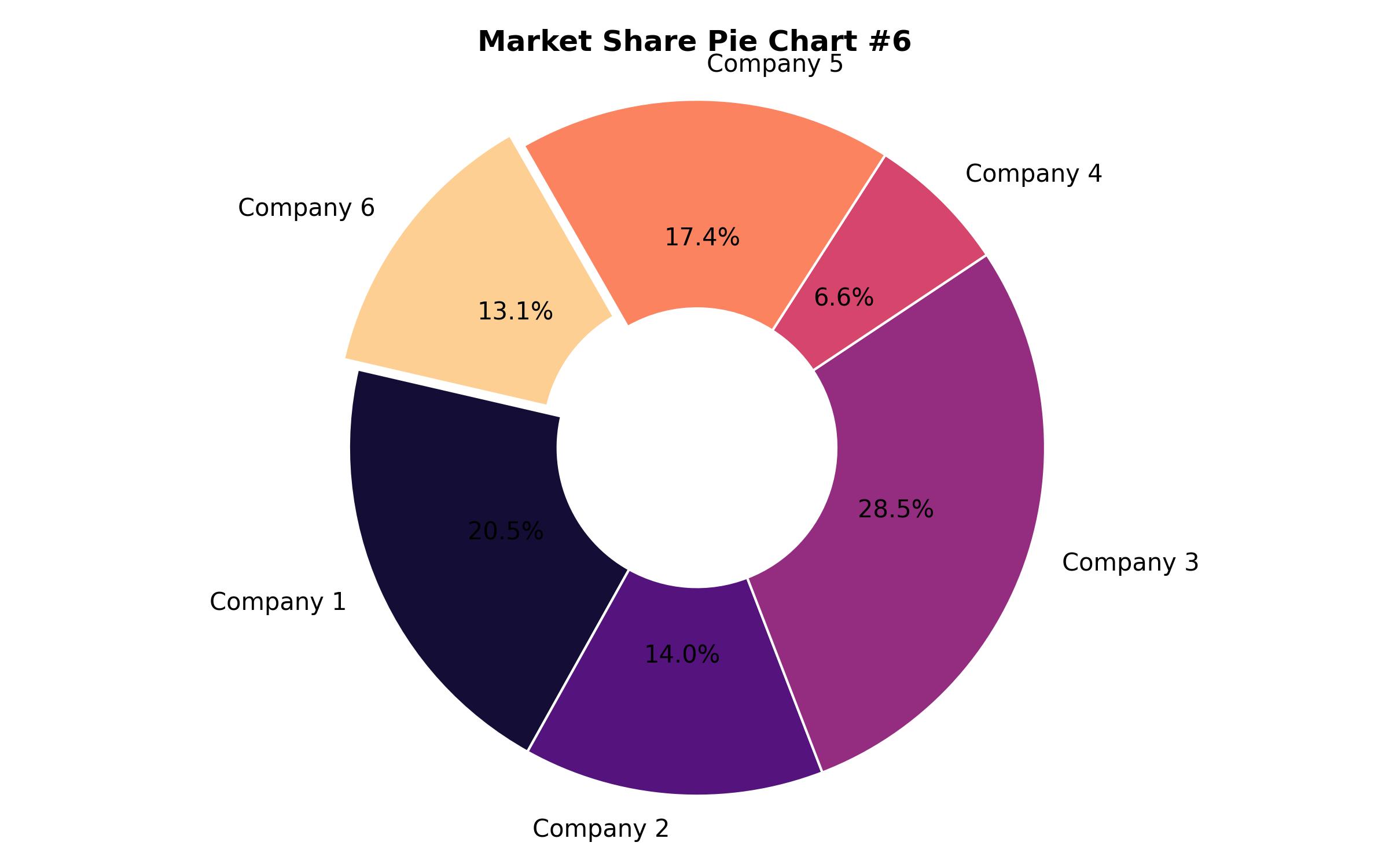Battery Materials Market: Growth, Trends, and Future Opportunities
Overview:
The global battery materials market is poised for substantial expansion over the next decade. With a projected market size of USD 64.5 billion in 2025, the sector is anticipated to reach USD 116.6 billion by 2035, demonstrating a compound annual growth rate (CAGR) of 6.1% from 2025 to 2035. This growth trajectory reflects the increasing demand for advanced battery technologies across various applications.
The automotive industry, driven by the proliferation of electric vehicles, is a major consumer of battery materials. Concurrently, the rising demand for energy storage systems to stabilize renewable energy sources is also contributing significantly to market growth. These trends necessitate ongoing innovation in battery technology and material science.
Asia-Pacific currently dominates the battery materials market, owing to its robust manufacturing base and increasing adoption of electric vehicles. However, North America and Europe are also witnessing substantial growth, driven by government initiatives and increasing consumer awareness regarding sustainable energy solutions.
Key players in the battery materials market are focused on enhancing the performance, safety, and cost-effectiveness of their products. Strategic collaborations, capacity expansions, and technological advancements are common strategies employed by these companies to maintain a competitive edge. Continuous research and development efforts are essential to meet the evolving demands of end-users.
The market’s expansion is further bolstered by the growing emphasis on reducing carbon emissions and promoting energy independence. As governments worldwide implement stricter environmental regulations, the demand for advanced battery materials is expected to rise, creating new opportunities for market participants.
The battery materials market faces challenges related to raw material availability, pricing volatility, and environmental concerns. Addressing these challenges through sustainable sourcing practices and technological innovations will be crucial for long-term growth and stability. Market participants must prioritize responsible and sustainable operations to ensure a resilient and environmentally conscious supply chain.

Year On Year Growth Chart
“`html
| Report Attribute | Details |
|---|---|
| Market Size in 2025 | USD 64.5 billion |
| Revenue Forecast for 2035 | USD 116.6 billion |
| Growth Rate (CAGR) | 6.1% from 2025 to 2035 |
| Base Year for Estimation | 2024 |
| Historical Data | 2020 – 2024 |
| Forecast Period | 2025 – 2035 |
| Quantitative Units | Revenue in USD billion and CAGR from 2025 to 2035 |
| Report Coverage | Revenue forecast, company market share, competitive landscape, growth factors, and trends |
| Covered Segments | Type, application, and region |
| Regional Scope | North America, Europe, Asia Pacific, Latin America, MEA |
| Country Scope | U.S., Canada, Mexico, U.K., Germany, France, Sweden, China, Japan, South Korea, Brazil, UAE, KSA, South Africa |
| Key Companies Analyzed | Umicore; BASF SE; LG Chem Ltd.; POSCO Chemical; Sumitomo Metal Mining Co., Ltd.; Hitachi Chemical Co., Ltd.; Shanshan Technology Co., Ltd.; Targray Technology International Inc.; Johnson Matthey Plc; Mitsubishi Chemical Holdings Corporation |
| Customization Options | Free report customization (up to 8 analysts working days) with purchase. Changes to country, regional, and segment scope |
| Pricing and Purchase Options | Customizable purchase options for tailored research needs |
“`

Key Companies Market Share
Report Coverage & Deliverables
- Market Trends And Dynamics
- Competitve Benchmarking
- Historical data and forecasts
- Value/Volume analysis
- Company revenue shares and key strategies
- Regional opportunities
This is an indicative segmentation. Please request a sample report to see detail segmentation of this market.
Detailed Market Segmentation
- By Material Type
- Cathode Materials
- Anode Materials
- Electrolytes
- Separators
- Binders
- By Battery Type
- Lithium-Ion Batteries
- Lead Acid Batteries
- Nickel-Metal Hydride Batteries
- Other Battery Types
- By Application
- Automotive
- Consumer Electronics
- Industrial
- Energy Storage Systems
- By Region
- North America (U.S., Canada, Mexico)
- Europe (Germany, France, U.K., Italy, Spain)
- Asia-Pacific (China, Japan, South Korea, India)
- Latin America (Brazil, Argentina)
- Middle East & Africa (Saudi Arabia, UAE, South Africa)
Table of Content
- Executive Summary
- Market Overview
- Key Market Dynamics
- Market Drivers
- Market Restraints
- Market Opportunities
- Market Trends
- Value Chain Analysis
- COVID-19 Impact Analysis
- Porter’s Five Forces Analysis
- Battery Materials Market Analysis, by Type
- Cathode Materials
- Anode Materials
- Electrolytes
- Separators
- Binders
- Battery Materials Market Analysis, by Battery Type
- Lithium-Ion Batteries
- Lead Acid Batteries
- Nickel-Metal Hydride Batteries
- Other Battery Types
- Battery Materials Market Analysis, by Application
- Automotive
- Consumer Electronics
- Industrial
- Energy Storage Systems
- Battery Materials Market Analysis, by Region
- North America
- Europe
- Asia-Pacific
- Latin America
- Middle East & Africa
- Competitive Landscape
- Company Profiles
- Market Forecast
- Analyst Recommendations
- Research Methodology
- Appendix
